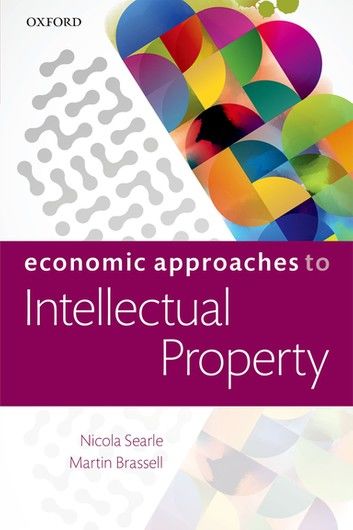Intellectual property has traditionally been a matter for the legal professions, but with the shift to evidence-based policy, the global economic upheaval, and the advent of the digital age, intellectual property is increasingly informed by economic perspectives. This book is a comprehensive, critical analysis of economic interpretations of intellectual property, written for researchers, practitioners and policymakers. It analyses the interface between economics, finance, accountancy and intellectual property law. Commencing with a critical analysis of the economics of innovation, law, industrial organisation and welfare, the book then critiques the economics of specific intellectual property rights, including copyright, patents, trade marks, geographical indications and design rights. It further assesses the interaction between economics, IP and competition. Finally, it examines why, when and how IP generates value, reviewing contemporary approaches to valuation and accounting, and the emerging use of IP to facilitate business finance. This analytical text offers readers a better understanding of IP's contribution to macro- and microeconomics, as well as insights that inform the debate on evidence-based IP policy.












